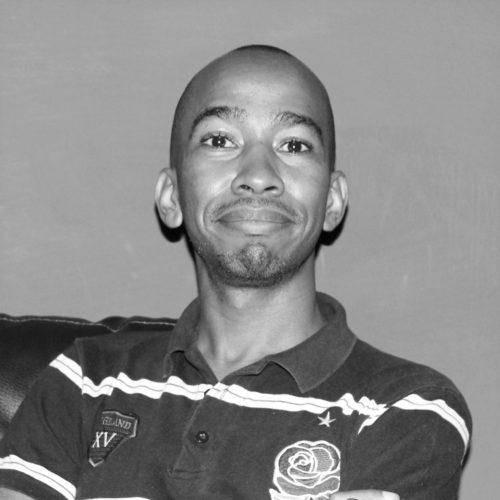
Peter Nguhiu
Supervisors
Dr. Jane Chuma
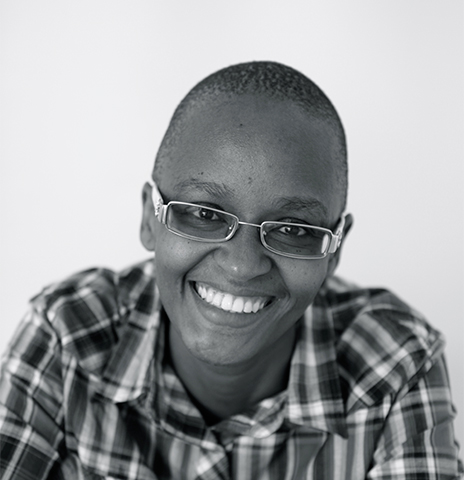
Dr. Jane Chuma
Affiliation(s):
Jane completed a PhD in health economics in 2005 from the University of Cape Town, South Africa. Her research interests include evaluating different health financing mechanisms for universal coverage including health insurance and tax funding; equity in access to health care services and health related interventions and; the relationship between ill health and poverty. Her training fellowship- funded by the Wellcome Trust – explores the feasibility of using health insurance mechanisms to address existing inequities in the Kenyan health system. Jane works closely with the ministries of health to ensure that results from this work inform the development of the Kenyan health financing strategy and the design of a national health insurance scheme. Beyond research, Jane has a keen interest in capacity building for Health Economics in Africa and is one of the founder members of the Masters in Health Economics programme at the University of Nairobi.

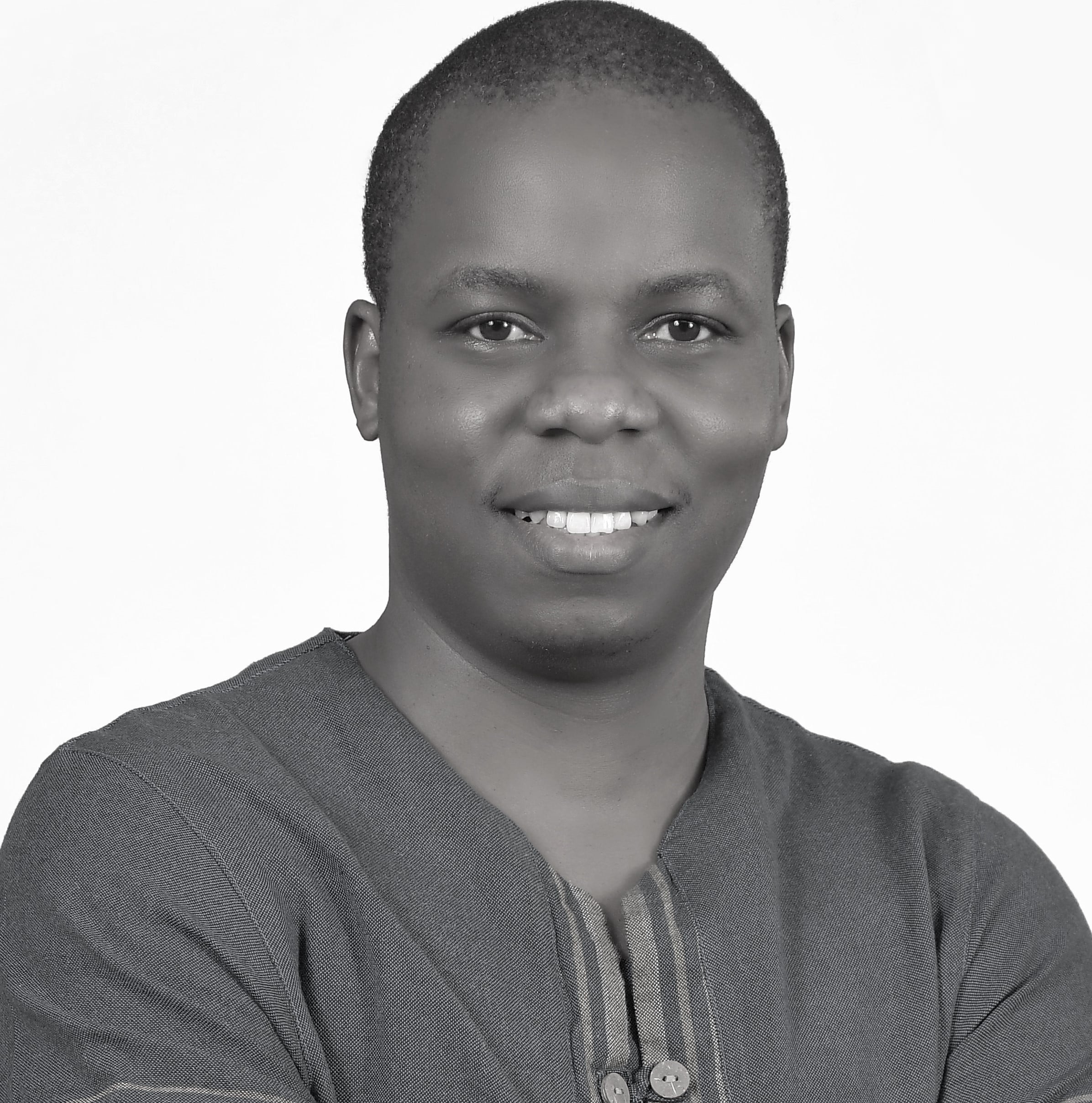
Prof. Edwine Barasa
Edwine is the director of the Nairobi Programme of the KEMRI-Wellcome Trust Research Programme and also heads the Programme’s Health Economics Research Unit (HERU). Edwine is also a Visiting Professor of Health Economics at the University of Oxford. He has a PhD in health economics (University of Cape Town), a masters degree in health economics (University of Cape Town), and a bachelors degree in Pharmacy (University of Nairobi). Edwine’s research interests include health financing; equity and efficiency analysis in healthcare; economic evaluation of healthcare interventions; measuring health systems’ performance; and health system governance. Edwine has several years of experience of practice, advisory, and conducting health economics and financing research in Kenya and in the broader Sub-Saharan African region. He provides health financing advisory to the Kenya Ministry of Health with his latest roles including appointments by the Minister of Health to the taskforce for the reform of the National Hospital Insurance Fund (NHIF) and Kenya Health Benefits Advisory Panel. At the regional level, his latest appointments include as a member of the advisory board of the Africa CDC’s Health Economic Unit, and as co-chair of the Africa Universal Health Coverage Commission. He also provides health financing technical advisory support to several international development organizations, including the World Bank and the World Health Organization (WHO), focusing on the broader Sub-Saharan African region including Kenya, Ghana, Somalia, Malawi, Madagascar, Uganda, Rwanda, Sudan, South Sudan, Mozambique, and Egypt.
Mentors
Prof. James Kahindi
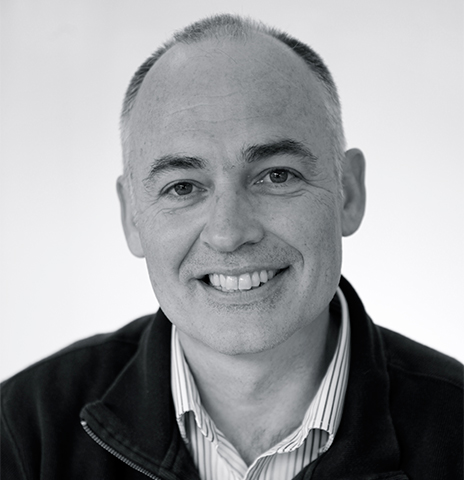
Prof. Mike English
Affiliations:
Nuffield Department of Medicine, Oxford University
Mike worked in Kilifi from 1992 on malaria, in the early years of the ‘Kilifi’ programme, and returned to the UK in 1996 to complete specialist training as a General Paediatrician in 1998. He returned to Kilifi in 1999 to rejoin the programme and work on neonatal illnesses as part of a Wellcome Trust Career Development Fellowship while also working as a paediatrician in Kilifi District Hospital. In 2004 after some work at more national level on quality of paediatric care he moved to Nairobi where he continues to work with the programme as a Wellcome Trust Senior Research Fellow. He was made Professor of International Child Health in Oxford in 2010. His work has included developing national, evidence-based guidelines for care of severely ill children and newborns, at first in 2005 and then updated in 2010 andArray 2013. To complement these Mike and colleagues developed the ETAT+ course, adapting WHO’s ETAT course and expanding its scope to include evidence-based case management of serious illness in the child and newborn periods. The ETAT+ course is now provided with the help of multiple colleagues and the Kenya Paediatric Association with training conducted across Kenya and for Kenyan medical students. Others have taken the course to Rwanda, Uganda and Somaliland. More information on this course and the approach to developing national guidelines can be found at www.idoc-africa.org. The Health Services Unit he leads has undertaken long-term studies by a multidisciplinary team on initiating and establishing ‘best-practices’ within rural government hospitals. This has resulted in a Kenyan team working with the support of international collaborators on hospital performance measurement, cost-effectiveness, motivation, task-shifting, and barriers to implementation. More recently work has started on governance, leadership, human resources for health and knowledge translation. The group are well known for their work on measuring and testing interventions to improve paediatric and neonatal quality of care. Mike and the group work closely with the Kenyan Ministry of Health and he provides technical advice to WHO on a range of issues related to child and newborn survival.


Dr. Emelda Okiro
Emelda has over 15 years of professional experience in Epidemiology and Public health and heads the Population health unit. She has worked for the Bill and Melinda Gates foundation, Philips Research Africa and also worked with several partners including PMI and ICF Macro.
Emelda returned to the KEMRI Wellcome Trust Research Programme in October 2016 from a Senior Health Scientist position at Philips Research Africa. She is leading the Population Health unit and Research theme within the Programme which aims to understand changing epidemiology of malaria, understand the determinants of health transitions and vulnerabilities at fine scales a major component of which is malnutrition in Kenya and across Africa, and to embed the use of data for decision-making by national ministries.
Her current work focuses on exploring the spatial heterogeneity of child survival across Kenya using multiple survey data to map and explore the Spatial, Social and Environmental determinants of childhood mortality. Emelda has previously worked on the measurements of trends of P. falciparum burden across sites of varying malaria endemicities in Africa and on evaluating the impact of scaled malaria control interventions and supporting regional Ministries of Health in Uganda, Malawi and Kenya. At the Health Metrics and Evaluation (IHME), University of Washington, Seattle Emelda worked on identifying determinants of cost-effective anti-retroviral treatment programs in Kenya, Uganda and Zambia.
During her academic research career, she has been awarded two internationally competitive Wellcome Trust Research Fellowships. Emelda is widely published and has a Bachelor’s degree in Chemistry and Biochemistry from Egerton University, Kenya and a PhD in Epidemiology through the Open University – UK in collaboration with Warwick University, UK.

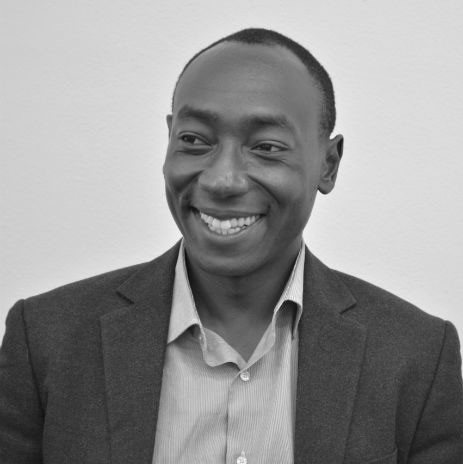
Dr. Ambrose Agweyu
Affiliation(s):
Initiative to Develop African Research Leaders, KEMRI – Wellcome Trust, Kenya
Ambrose is a Kenyan paediatrician and epidemiologist, based at the KEMRI-Wellcome Trust Research Programme in Nairobi. Working closely with the Kenya Ministry of Health in 2009, his early research involved conducting systematic reviews for a national exercise to adapt the World Health Organization pneumonia clinical practice guidelines using the GRADE methodology. Following this, Ambrose was invited to support similar exercises in Uganda and Rwanda. More recently, he was the principal investigator on a large pragmatic clinical trial comparing antibiotic treatments for childhood pneumonia. The findings of this study contributed towards a recent major revision in the Kenyan guidelines, and are likely to eventually influence practice in the region.
For his postdoctoral fellowship under the IDeAL Programme, Ambrose is analysing routine inpatient data collected from an existing clinical information network of 14 Kenyan hospitals to identify high risk groups of children with pneumonia as potential target populations for future interventional studies.
As a member of the core team brought together by the Government of Kenya to drive the Kenya Action Plan for the Prevention and Control of Pneumonia (KAPP), Ambrose is also actively involved in advocacy on how best to implement prevention and care for childhood pneumonia and campaigning for greater attention to be paid to this major childhood killer.
Peter is a pharmacist and a health economist 10 years of work experience in clinical and public health system strengthening. He is currently examining the methods for measuring the level, distribution, and determinants of effective coverage with quality health services, using Kenya as a case study to assess country progress towards universal health coverage.
- 51
- 66
- 48
- 104
- 44
- 423



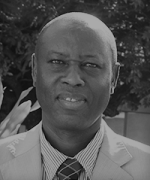
 Email :
Email :